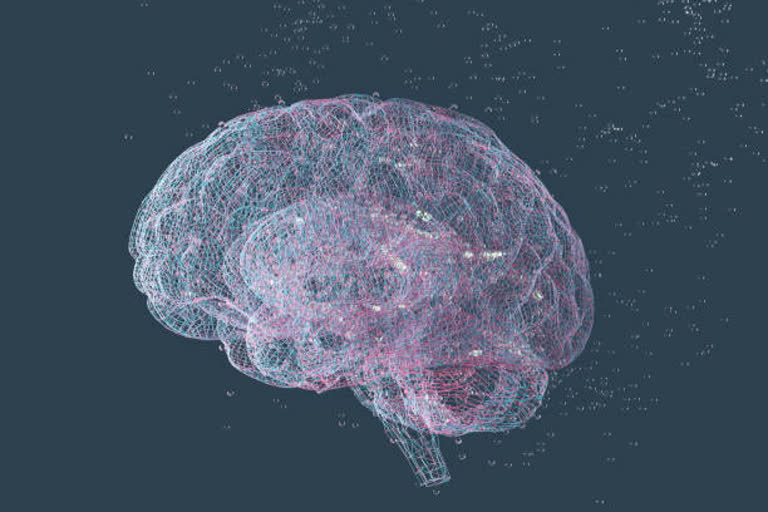Washington [US]: Researchers have discovered electrical brain-wave patterns given off during social interactions in mice. They also observed that mice showing stress, depression, or autism lacked these brain waves. The results reveal more about the mechanisms underlying brain activity when socializing. The medial prefrontal cortex (mPFC) and amygdala regions of the brain regulate our emotion, and undergo pathological changes when we experience psychiatric diseases. However, the detailed neuronal processes behind this remain unclear.
Takuya Sasaki from Tohoku University's Graduate School of Pharmaceutical Sciences led a collaborative team who recorded electrical brain signals - so-called brain electrical waves - in the mPFC and amygdala areas of mice. They found that certain brain waves underwent pronounced variations when the mice interacted socially with one another. Specifically, brain waves at the frequency band of theta (4-7 Hz) and gamma (30-60 Hz) decreased and increased, respectively, during socializing.
Also read:Study looks inside brain during sleep to find out how memory is stored
